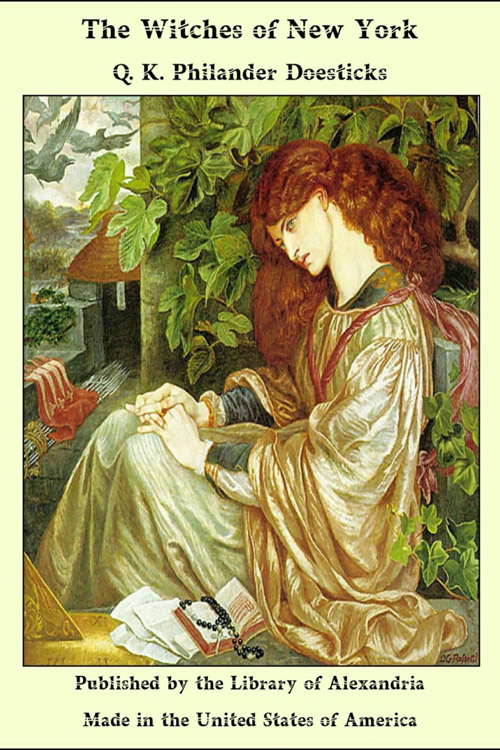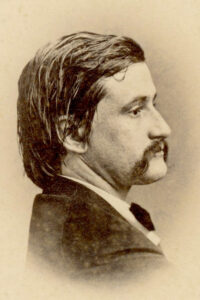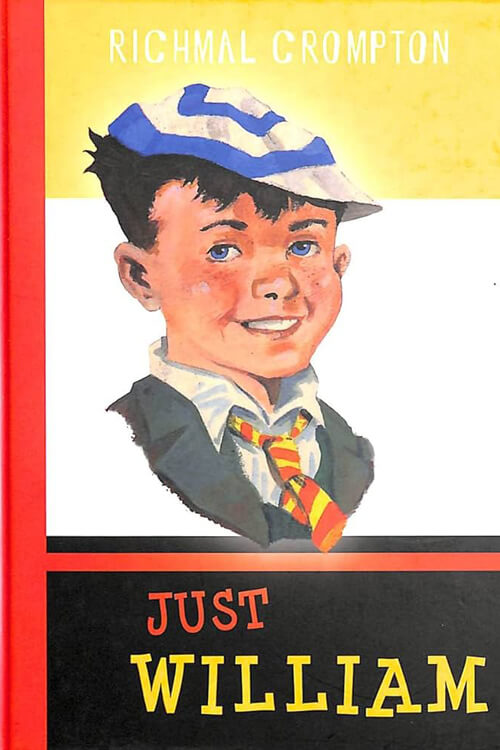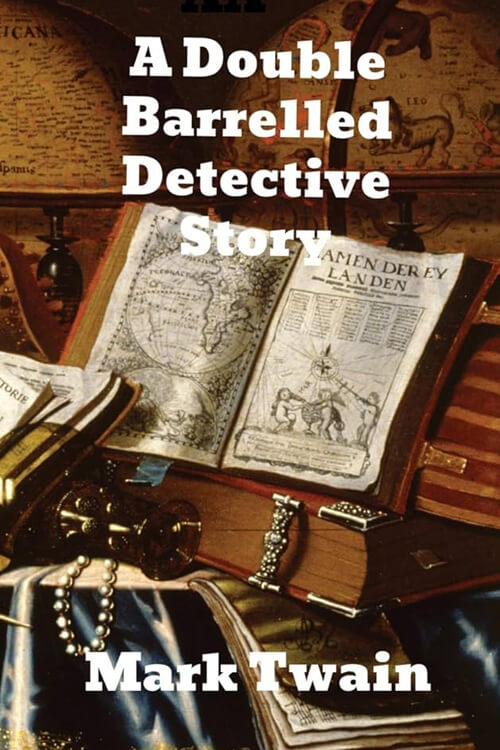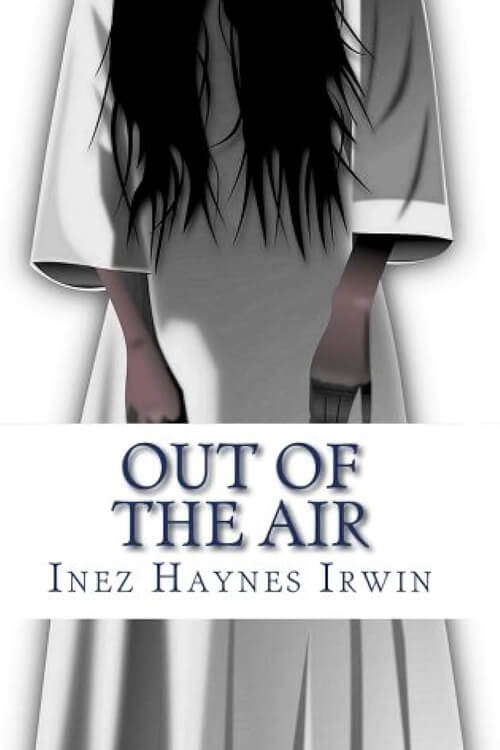
The Witches of New York
So the voyager pursuing the marvellous declines to state how high the thermometer rose or fell in the sun or the shade, or whether the wind was east-by-north, or sou’-sou’-west by a little sou’. The “dew on the grass” was not shining, for there was in his vicinity no dew and no grass nor anything resembling those rural luxuries. Nor was it by any means at “early dawn;” on the contrary, if there be such a commodity in a city as “dawn,” either early or late, that article had been all disposed of several hours in advance of the period at which this chapter begins.
But at midday, he set forth alone to visit that prophetess of renown, Madame Brewster. He was fully prepared to encounter whatever of the diabolical machinery of the black art might be put in operation to appal his unaccustomed soul. But as he set forth from the respectable domicile where he takes his nightly roost, it rained, as aforementioned. The driving drops had nearly drowned the sunshine, and through the sickly light that still survived, everything looked dim and spectral. Unearthly cars, drawn by ghostly horses, glided swiftly through the mist, the intangible apparitions that occupied the drivers’ usual stands hailing passengers with hollow voices and proffering, with naughty fingers and goblin winks, silent invitations to ride.
Fantastic dogs sneaked out of sight around distant corners or skulked miserably under phantom carts for an imaginary shelter. The rain enveloped everything with a grey veil, making all look unsubstantial and unreal; the human unfortunates who were out in the storm appeared cloudy and unsolid as if each man had sent his shadow out to do his work and kept his substance safe at home.
The “Individual” travelled on foot, disdaining the miserable compromise of an hour’s stew in a steaming car or a prolonged shower bath in a leaky omnibus. Being of a burly figure and determined spirit, he walked, knowing that his “too-solid flesh” would not be likely “to melt, thaw, and resolve itself into a dew” and firmly believing that he was not born to be drowned.
Read or download Book
Q. K. Philander Doesticks
Mortimer Neal Thomson (September 2, 1832 – June 25, 1875) was an American journalist and humorist who wrote under the pseudonym Q. K. Philander Doesticks.
Biography.
He was born in Riga, New York, and grew up in Ann Arbor, Michigan. He attended Michigan University but was expelled along with several others for his involvement in secret societies or for “too much enterprise in securing subjects for the dissecting room.” After working briefly in theatre, he became a journalist and lecturer. For his published writings, he used the pen name “Q. K. Philander Doesticks, P. B.”, a pseudonym he had first used in university (the full version is “Queer Kritter Philander Doesticks, Perfect Brick”).
A collection published in 1855, Doesticks What He Says, reprinted many of his pieces. In 1856, he wrote Plu-Ri-Bus-Tah, a parody of Henry Wadsworth Longfellow’s The Song of Hiawatha. Thomson is credited with coining terms including brass knuckles, gutter-snipe, sound and ready, and grin and bear it. In 1858, Thomson’s wife died in childbirth. Three months later, as a correspondent for the New York Tribune, he wrote a report on the Pierce Butler slave sale in Savannah, Georgia, in 1859 that was subsequently published as a tract by the American Anti-slavery Society and translated into several languages.
Thomson died in New York City on June 25, 1875. In 1888, when his short piece, “A New Patent Medicine Operation”, was anthologized in Mark Twain’s Library of Humor, an introductory paragraph described Thomson as a figure whose “dashing and extravagant drolleries” had quickly passed from fashion.

